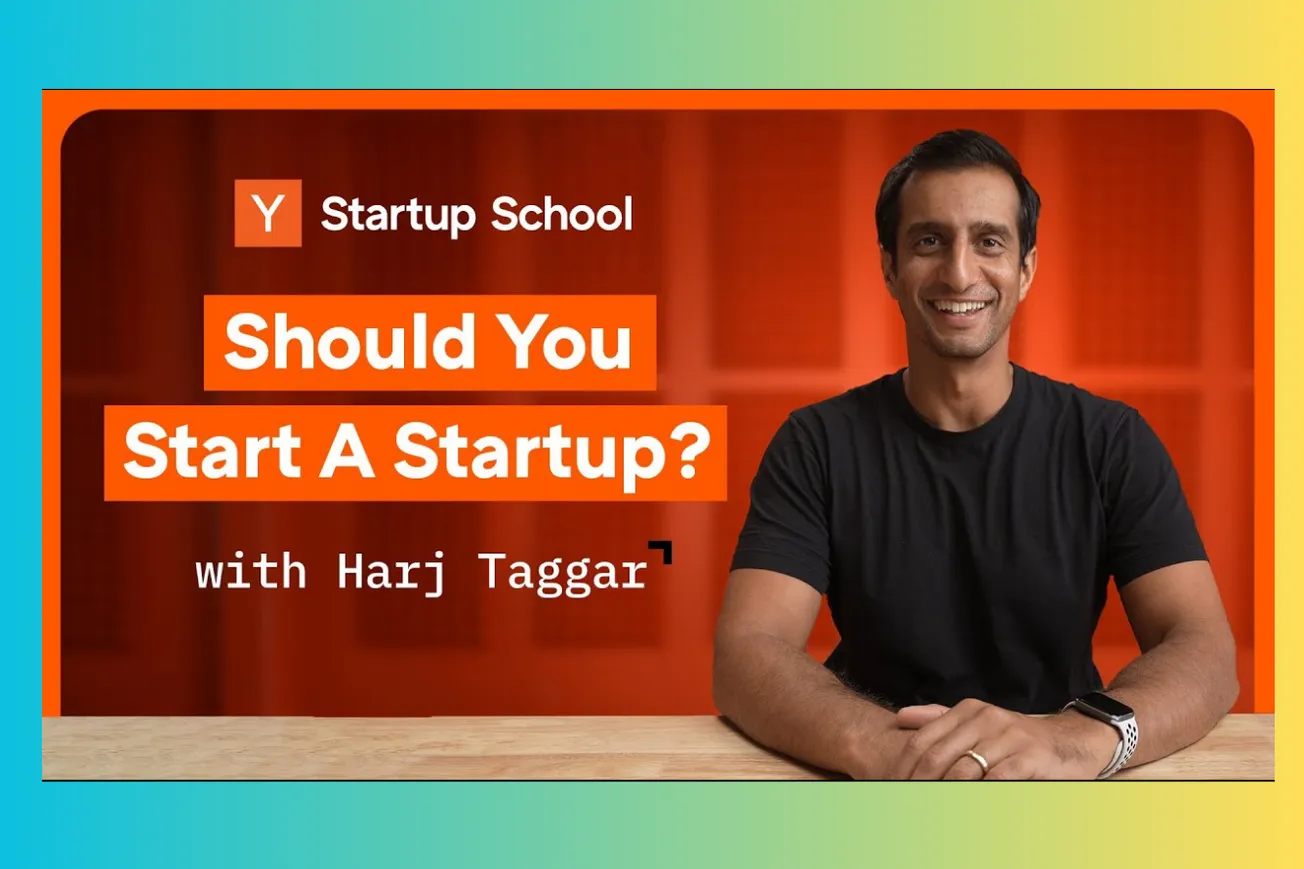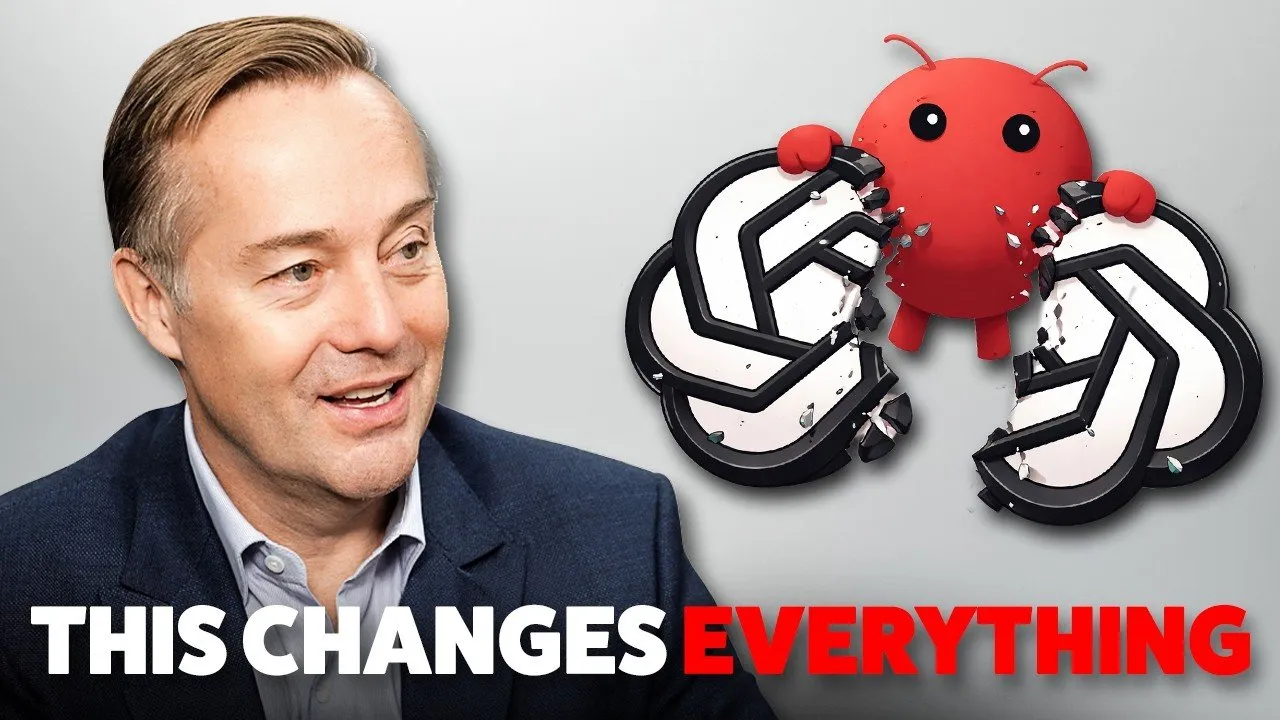Table of Contents
Key Takeaways
- Resilience is the most important quality for startup founders, more than intelligence, charisma, or past professional success
- Initial motivations for starting a startup are less important than developing enduring motivations over time
- Before starting a startup, honestly assess what you stand to lose and if you can handle the worst-case scenario
- Starting a startup provides valuable learning experiences that can enhance career opportunities even if the venture fails
- Finding a co-founder you enjoy working with and can develop ideas with is critical to startup success
The Realities of Startup Founder Profiles
- There is no simple test to determine who will become a successful startup founder
- Stereotypical founder traits (brilliant programmer, charismatic product genius) can help but aren't prerequisites
- Many different types of people succeed as startup founders with varying strengths
- Experienced investors still get surprised by who turns out to be a great founder
- Academic or corporate success doesn't reliably predict startup success
- Startups require pushing through personal rejection and struggle unlike corporate work
Resilience: The Critical Founder Quality
- Resilience is the most crucial quality for startup founders to persevere through challenges
- Confidence doesn't equal resilience - some confident-seeming founders lack staying power
- Quiet, less confident-seeming founders often demonstrate surprising resilience
- Example: Benchling founders appeared unconfident but showed remarkable resilience
- Took two years after YC to develop revenue streams
- Transformed from soft-spoken engineers to leaders of a $6+ billion company
- Overcame skepticism about their ability to handle enterprise sales
Motivations for Starting a Startup
- Initial motivations for starting a startup matter less than expected
- Many legitimate reasons to start a company exist, including:
- Desire to become wealthy (startups can generate life-changing money quickly)
- Simple curiosity about the experience
- Founder motivations often evolve over time
- Some founders plan to sell quickly but end up running companies for decades
- Enduring motivations develop with time:
- Genuine interest in the problem being solved
- Love for the people you're working with
Practical Decision Framework
- Honestly assess what you have to lose by starting a startup
- Calculate your personal worst-case scenario and determine if it's acceptable
- Consider that startups typically need at least a year of commitment
- Factor in opportunity costs based on your career stage
- Recognize the educational value of startup experience regardless of outcome
- Startup founders gain experience across multiple domains (sales, product, support)
- This helps clarify what type of work you enjoy
- Companies value former founders as employees (examples: Rippling, Airbnb)
Career Progression After Failed Startups
- Failed startup experience is valued by many employers
- Companies specifically seek candidates with startup experience
- Perceived as self-starters who take initiative
- Example: Rippling (valued at $10B) actively recruits former founders
- Places them in charge of product divisions as general managers
- Has approximately 50 former founders working there
- Example: Nick Grandy's career path
- First startup (Wonderbar) shut down
- Became Airbnb's first employee
- Eventually founded Outschool (valued at $3B+)
Preparing to Start a Startup
- Two essential elements needed: an idea and a co-founder
- Finding ideas and co-founders should be approached as interconnected tasks
- Best ideas often emerge from conversations with smart people
- Identify friends/colleagues who stimulate your thinking
- People you enjoy discussing ideas with
- Colleagues who make you more productive
- Have regular conversations about ideas, technologies, and products
- Research and learn between conversations to develop your thinking
Finding the Right Environment
- Change your environment if you lack idea-oriented peers
- Working at a startup provides:
- Insider knowledge of startup operations
- Access to less risk-averse potential co-founders
- College graduates should consider startup jobs
- Current Fang employees might transition to startups
From Ideas to Side Projects
- Turn interesting ideas into weekend projects
- Build simple prototypes to experience turning ideas into reality
- Develop necessary skills, especially programming
- Non-programmers should learn basic coding
- Only need enough skills to build a version 1
- Monitor user reactions to your side projects
- Look for passionate users rather than large numbers
- "Better to make a product that a few people really love than one a lot of people are indifferent towards"
Recognizing When to Take the Leap
- Pay attention to your energy and enjoyment levels
- If your job drains you but side projects energize you, it may be time to quit
- Focus on how much you enjoy the process of creating
- Consider the quality of collaboration with side project partners
- Finding a great potential co-founder is rare and valuable
- The decision to start a company should consider:
- Your comfort with worst-case scenarios
- Whether you have compelling ideas to explore
- If you've found someone you work well with who shares your ambitions
Final Recommendations
- Don't overthink initial motivations - they evolve over time
- Curiosity about startups is sufficient motivation to begin
- Assess and accept your personal worst-case scenario
- Seek out smart collaborators for idea discussions
- Launch small side projects to gain experience
- If you find someone you enjoy working with and both want to start a company, take the leap









